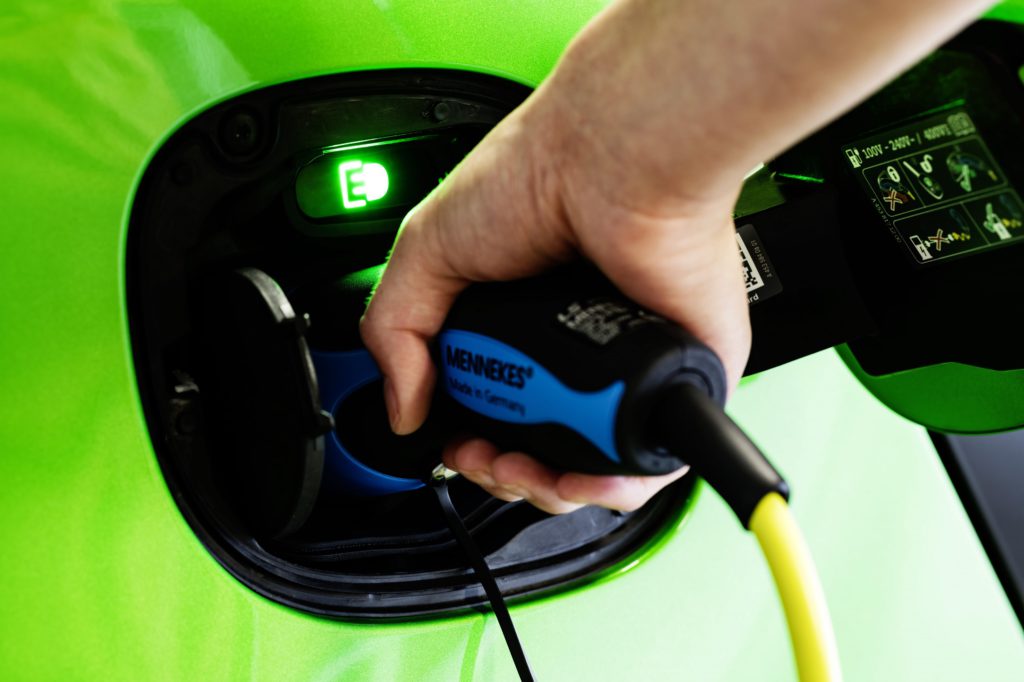Germany’s charging infrastructure growing but too slowly for ambitious targets
30 July 2018

30 July 2018
The number of electric vehicle (EV) charging points in Germany is increasing according to a study by the German energy industry association BDEW.
There are currently around 13,500 public and partially public charging points at around 6,700 charging stations across the country according to the body. Compared to the end of June 2017, this is an increase of about 25%.
The numbers include charging stations located on the forecourts of oil companies, as well as those found in parking areas, supermarkets and hotels. According to a report, 13% of these are fast-charging points. Charging stations, which can consist of one or more charge points, are more likely to be found in big cities, and the report states that there are still large uncovered areas in rural communities.
An inadequate EV charging infrastructure is considered a major barrier to the uptake of electric and plug-in hybrid (PHEV) cars, alongside the higher purchase prices and short range on a single charge. However, the country is seeing an increase in sales, with around 17,000 new EVs registered in the first half of 2018, an increase of almost 70% compared with the same period last year. However, this represents a market share of just 0.9%. At the beginning of the year, only a small number of EV premiums had been applied for.
Speaking about the findings, Stefan Kapferer, chairman of the BDEW, said: The energy industry is continuing to push the expansion of charging stations, even though it is by no means profitable given the small numbers of electric cars on the roads today. However, it is an investment in the future.
′If electric mobility in Germany is to make its breakthrough over the next few years, the automotive industry will finally have to launch models that can compete in terms of price and performance with petrol and diesel models.’
Germany aims to have one million EVs on the country’s roads by 2020, with 100,000 charging points to power them. However, due to the current slow uptake and lack of infrastructure, this is now considered no longer achievable.
One of the issues preventing the building of a charging network is the question of who should be responsible for its installation. Currently, at EU levels, there are discussions about whether electricity and gas operators should continue to build and operate charging stations. Such a move could slow the development of infrastructure.
“If the proposal comes through, the electromobility in Germany would be slowed down: we need 100,000 new charging points by 2020. This will only work if all actors with know-how and local knowledge are allowed to contribute to the nationwide expansion of the charging infrastructure – and this also includes the distribution network operators”, said a spokesperson for Germany’s VKU body.’